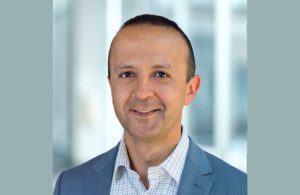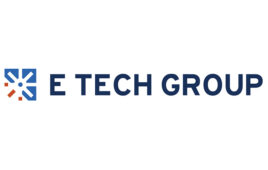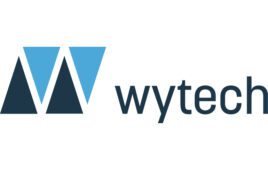
ZimVie CEO Vafa Jamali [Photo courtesy of Vafa Jamali]
The efforts, though, will take years for ZimVie (NASDAQ:ZIMV), the new Zimmer Biomet (NYSE:ZBH) spinoff of its spine and dental businesses.
That was the big takeaway when MassDevice and Medical Design & Outsourcing caught up with Jamali today, shortly after he rang in the Nasdaq on the first day of trading for ZIMV shares. (Listen to the full interview during our upcoming DeviceTalks Weekly podcast.)
Over the past decade, Jamali rose through the ranks at Covidien and then Medtronic after the $50 billion merger of the two companies in 2015. His focus over the years was growing business in the gastroenterological diseases space.
Now Jamali has the chance to do it again in the spine and dental area — except he can run it all from the corner office.
“The responsibility is yours and the decision-making is yours,” Jamali said. “It’s very different than how it is inside of a large company, where you have a lot of responsibility, but ultimately there’s somebody watching over and making the last call in many cases.”
The 2,700-employee company has its headquarters in Westminster, Colorado. It’s competing in the spine device space where Jamali’s former colleagues at Medtronic have created plenty of excitement with their Mazor surgical robots. ZimVie could have opportunities to fill some gaps in complex spine surgery offerings, but Jamali sees other areas in the spine space that provide growth opportunities.
One example is cervical disc replacement.
“Maybe a third of that market is using cervical disc, and then two-thirds is using fusion. We believe that you can really innovate there, and you’ll have much better outcomes for patients. We have 10-year trial data that shows that we are statistically superior to fusion. … You see these people come on video and they’re golfing not that far out after they’ve had their procedure, so they’ve got full motion of their neck,” Jamali said.
The company has a to-do list when it comes to cervical discs. “We need to make sure the workflow works, the reimbursement works, all those pieces work,” he said.
ZimVie is also growing and developing pediatric scoliosis treatments. Fusion is often the option in cases indicated for surgery. ZimVie’s alternative is the Tether, an FDA-approved implantable tethering system that enables the spine to bend and flex even while the tension cord straightens the spine as the child grows.
“We do really see a lot of educated parents coming and asking for procedures. So because of that, you have to make sure that you launch effectively, you have clinical proof, your surgeons are trained really well, and your outcomes ultimately improve the lives of those kids. Because if they don’t, it’ll also be widely known. I think that’s a really important responsibility we have. But I do think that this advocacy from parents is a positive for us,” Jamali said.
ZIMV shares had a rough start out of the gate today, down more than 26% to $28 apiece by the afternoon.
As with many spinoff deals, ZimVie is starting with debt — roughly $500 million in its case. Paying off the debt and better focusing on the spine business means 2022 will be a year of building for the future, with annual revenue expected to be flat at $1 billion, according to Jamali.
“We have the good fortune of having a dental business that’s growing quite well,” he said. “So that’s going to automatically provide us some positive leverage there. At the same time, we have some operational issues to fix within our spine business.”
ZimVie is pulling out of several countries that have proved unprofitable. “That opens up a ton of management time and energy. It just frees us up. … We’re doing a lot of work with our inventory and how we manage our sets. So this really gives us a chance to sort of stabilize and then to grow from there.”
Jamali concluded: “We’re going to have a year of resetting and sorting out all these pieces. And then you’ll see us accelerate on some of the more innovation-focused areas and goals.”




